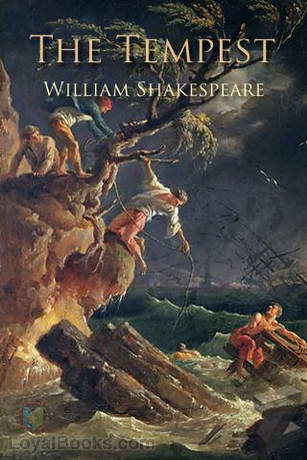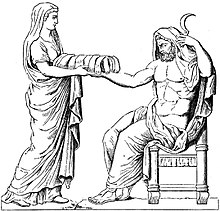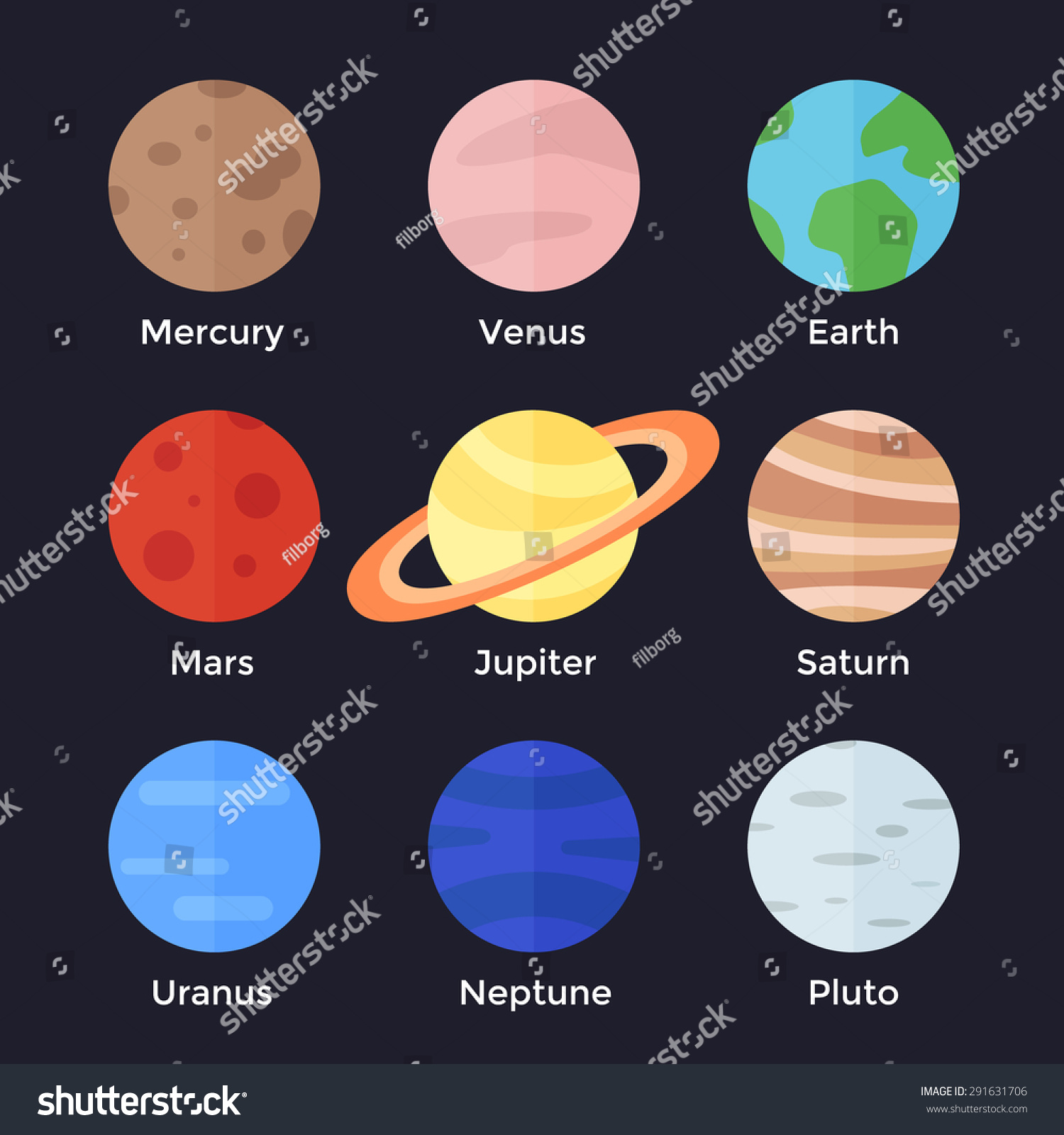Ceberus (地獄三頭犬)
In Greek mythology, Cerberus (/ˈsɜːrbərəs/;[2] Greek: Κέρβερος Kerberos [ˈkerberos]), often called the "hound of Hades", is the monstrous multi-headed dog that guards the gates of the Underworld to prevent the dead from leaving. Cerberus was the offspring of the monsters Echidna and Typhon, and usually is described as having three heads, a serpent for a tail, and snakes protruding from parts of his body. Cerberus is primarily known for his capture by Heracles, one of Heracles' twelve labours.

In Greek mythology, Perseus (/ˈpɜːrsiəs, -sjuːs/; Greek: Περσεύς), the legendary founder of Mycenae and of the Perseid dynasty of Danaans, was, alongside Cadmus and Bellerophon, the greatest Greek hero and slayer of monsters before the days of Heracles.[1] Perseus beheaded the Gorgon Medusa and saved Andromeda from the sea monster Cetus. Perseus was the son of the mortal Danaë and the god Zeus. He was also the half-brother and great grandfather of Heracles.

In Greek mythology, Danaë (/ˈdæn.i.iː/[1] or /ˈdæn.ə.iː/ DAN-ə-ee, as personal name also /dəˈnaɪ/ də-NY, Greek: Δανάη Ancient: [daˈna.ɛː] Modern: [ðaˈna.i]) was the daughter, and only child of King Acrisius of Argos and his wife Queen Eurydice. She was the mother of the hero Perseus by Zeus. She was credited with founding the city of Ardea in Latium during the Bronze Age.

Ancient Boeotian bell-krater showing Zeus impregnating Danaë in the form of a shower of gold.↓

The Tempest (暴風雨)
The Tempest is a play by William Shakespeare, believed to have been written in 1610–11, and thought by many critics to be the last play that Shakespeare wrote alone. It is set on a remote island, where the sorcerer Prospero, rightful Duke of Milan, plots to restore his daughter Miranda to her rightful place using illusion and skilful manipulation. He conjures up a storm, the eponymous tempest, to cause his usurping brother Antonio and the complicit King Alonso of Naples to believe they are shipwrecked and marooned on the island. There, his machinations bring about the revelation of Antonio's lowly nature, the redemption of the King, and the marriage of Miranda to Alonso's son, Ferdinand.


In Greek mythology, Cronus, or Kronos (/ˈkroʊnəs/ or /ˈkroʊnɒs/ from Greek: Κρόνος, krónos), was the leader and youngest of the first generation of Titans, the divine descendants of Uranus, the sky, and Gaia, the earth. He overthrew his father and ruled during the mythological Golden Age, until he was overthrown by his own son Zeus and imprisoned in Tartarus. According to Plato, Phorcys, Cronus and Rhea were the eldest children of Oceanus and Tethys.[1]

Rhea (/ˈriːə/; Greek: Ῥέα, Greek pronunciation: [r̥é.a͜a]) is a character in Greek mythology, the Titaness daughter of the earth goddess Gaia and the sky god Uranus, and sister and wife to Cronus. In early traditions, she is known as "the mother of gods" and therefore is strongly associated with Gaia and Cybele, who have similar functions. The classical Greeks saw her as the mother of the Olympian gods and goddesses, but not as an Olympian goddess in her own right. The Romans identified her with Magna Mater (their form of Cybele), and the Goddess Ops.



Cupid and Psyche is a story originally from Metamorphoses (also called The Golden Ass), written in the 2nd Century AD by Lucius Apuleius Madaurensis (or Platonicus).[2] It concerns the overcoming of obstacles to the love between Psyche (/ˈsaɪkiː/, Greek: Ψυχή [pʰsyː.kʰɛ᷄ː], "Soul" or "Breath of Life") and Cupid (Latin Cupido, "Desire") or Amor ("Love", Greek Eros ’′Ερως), and their ultimate union in a sacred marriage. Although the only extended narrative from antiquity is that of Apuleius, Eros and Psyche appear in Greek art as early as the 4th century BC. The story's Neoplatonic elements and allusions to mystery religions accommodate multiple interpretations,[3] and it has been analyzed as an allegory and in light of folktale, Märchen or fairy tale, and myth.[4]


Four tasks of Psyche




 留言列表
留言列表


